LOS ANGELES — The Los Angeles City Council Tuesday approved a $31.05 fee for apartments built in or after 1979, which housing officials say would help the enforcement of tenant protections for more renters.
In a 13-0 vote, council members established the fee to generate funding for the Los Angeles Housing Department. More staff are needed to enforce tenant protections, covering buildings not subject to the rent-stabilization ordinance, according to a report from housing officials.
Councilwoman Monica Rodriguez was absent during the vote, and Councilman Curren Price recused himself because he is a landlord.
LAHD is expected to gain more resources to regulate evictions of non- RSO multi-family apartments, rentals in single-family homes and condominiums, as well as assist with relocations due to "no-fault" evictions and help renters with pets stay in their homes, among other things.
Housing officials estimate 381,173 units will be impacted by the fee and fund 63 new positions in fiscal year 2024-25.
According to a report from the City Administrative Office, the fee will cover through 2027, which could be adjusted in the following years to ensure the Housing Department maintains enforcement of tenant protections and related programs.
Similarly, the Housing Department mandates a fee of $38.75 for units covered under the rent stabilized ordinance — an estimated 651,000 units. The RSO generally applies to rental properties that were built on or before Oct. 1, 1978.
The law regulates rent increases, registration of such units, legal reasons for eviction and relocation assistance, among other things.
Under the RSO, a landlord may pass 50% of the fee to the tenant every month, which is about $1.61, but must give a 30-day notice before it can be collected.
In January 2023, the city's Just Cause Evictions Protections Ordinance took effect, expanding eviction and other tenant protections to non-RSO rental units for the first time.
The move was prompted by concerns more renters would fall into homelessness due to impacts of the coronavirus pandemic. Additionally, elected officials had lifted COVID-related tenant protections in 2023.






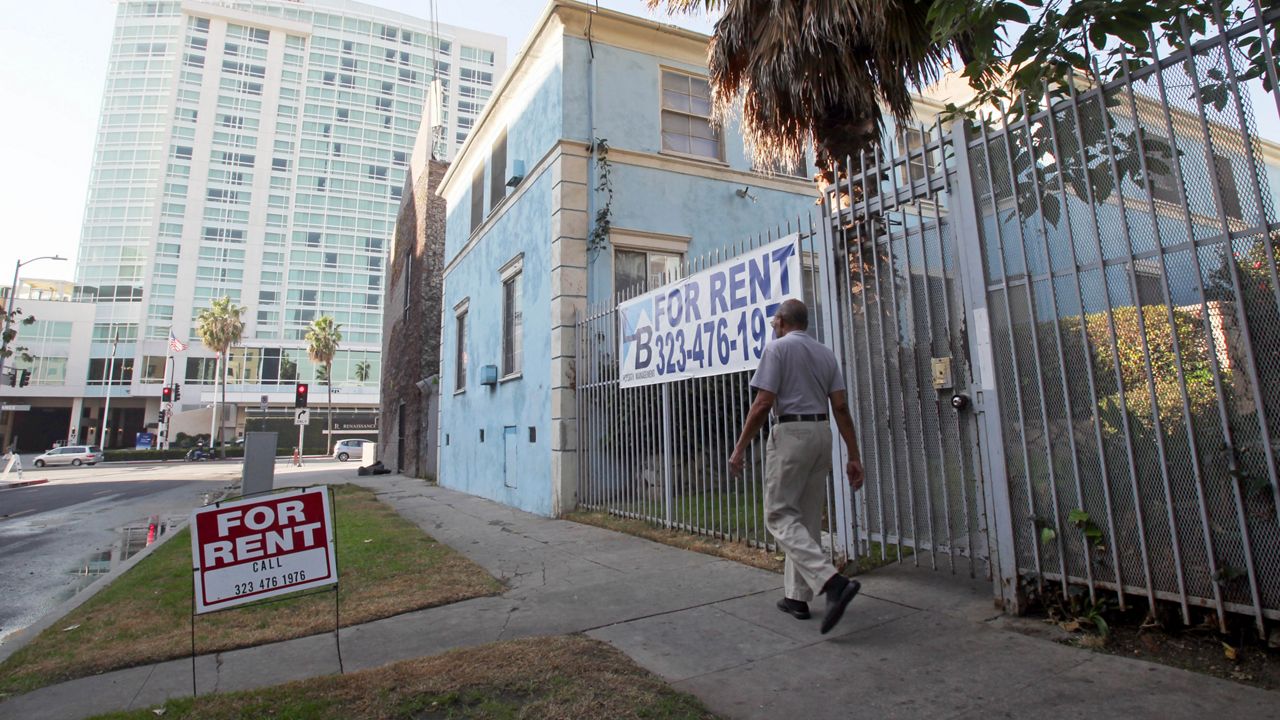
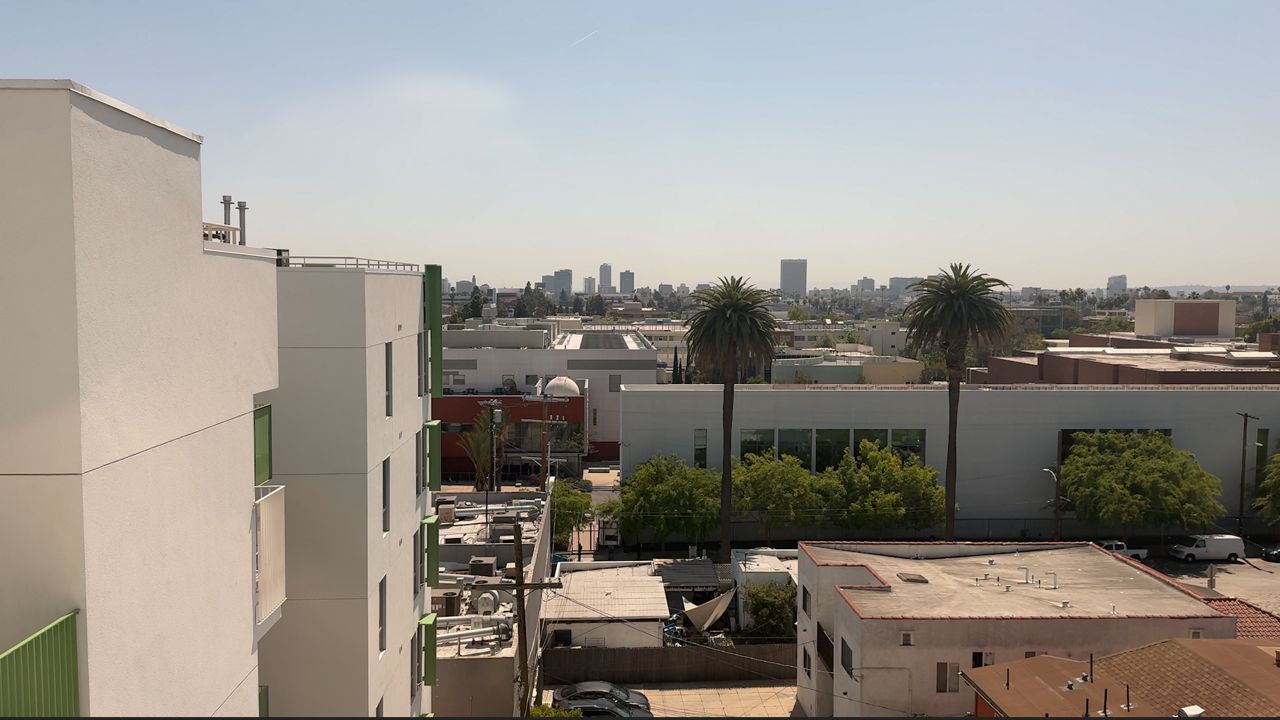
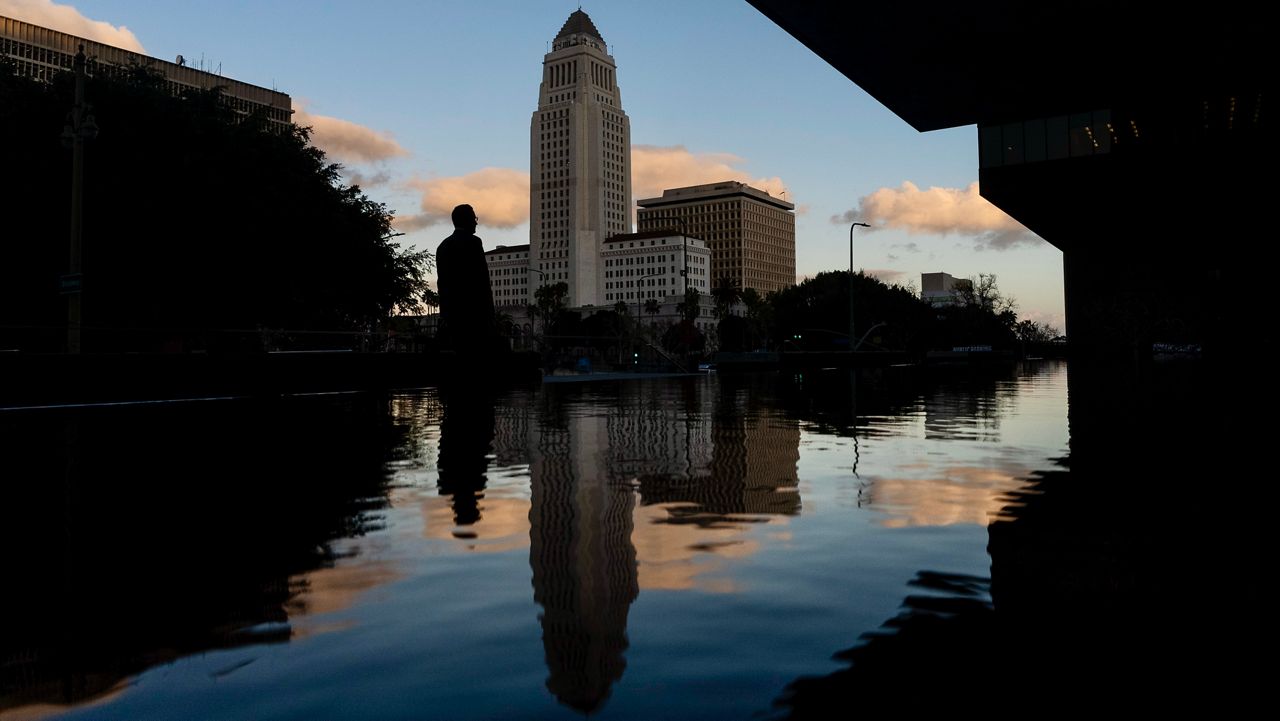
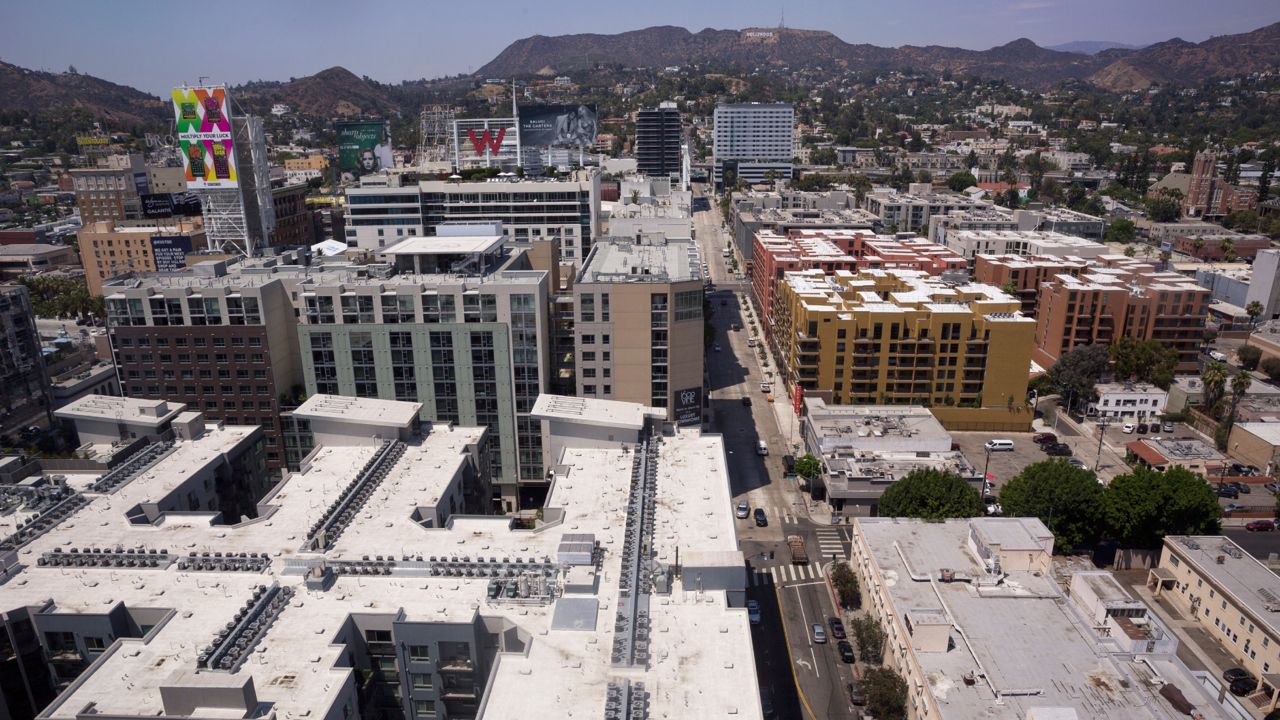
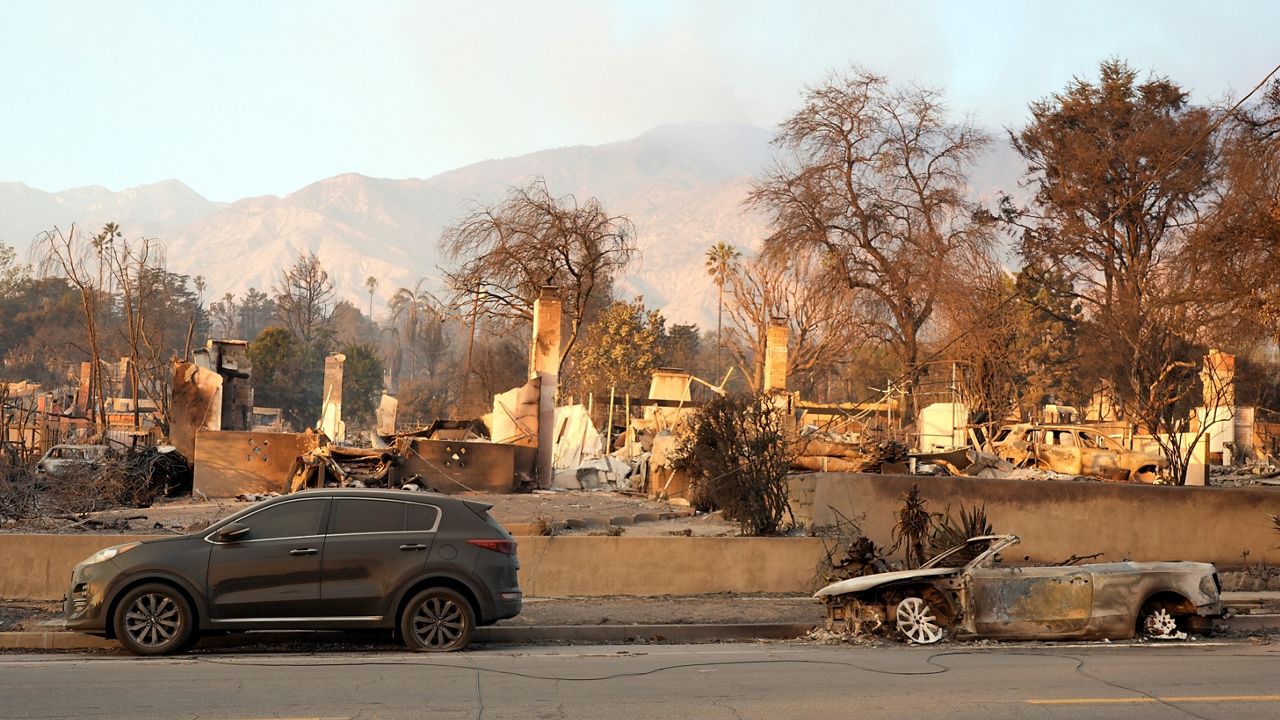
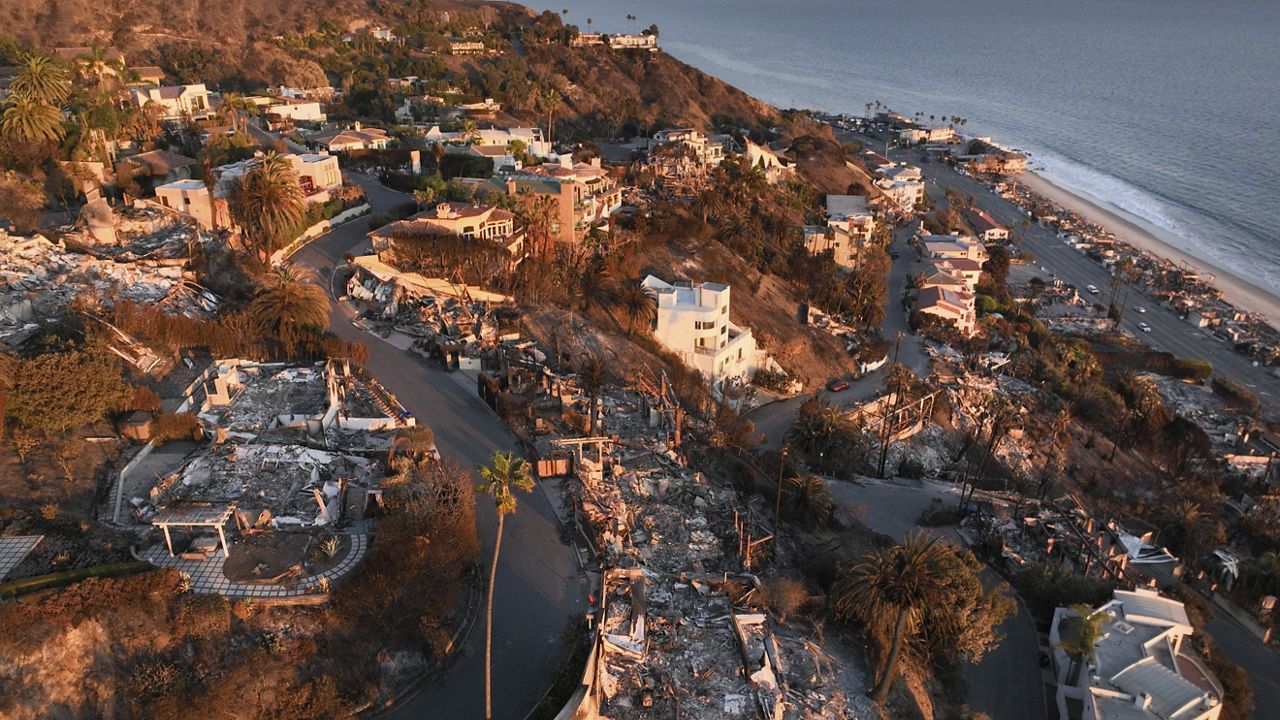
)